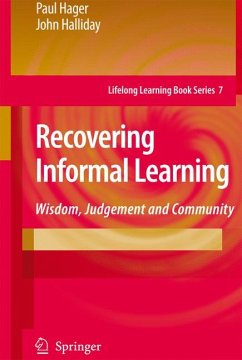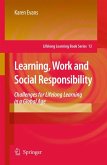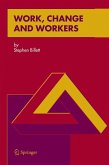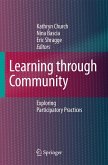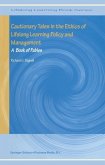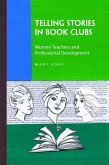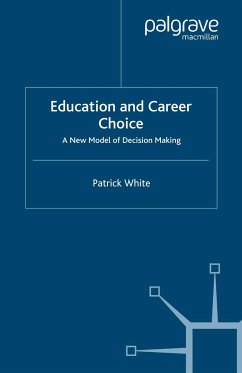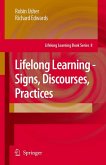For too long, theories and practices of learning have been dominated by the requirements of formal learning. Quite simply this book seeks to persuade readers through philosophical argument and empirically grounded examples that the balance should be shifted back towards the informal. These arguments and examples are taken from informal learning in very diverse situations, such as in leisure activities, as a preparation for and as part of work, and as a means of surviving undesirable circumstances like dead-end jobs and incarceration. Informal learning can be fruitfully thought of as developing the capacity to make context sensitive judgments during ongoing practical involvements of a variety of kinds. Such involvements are necessarily indeterminate and opportunistic. Hence there is a major challenge to policy makers in shifting the balance towards informal learning without destroying the very things that are desirable about informal learning and indeed learning in general. The book has implications therefore for formal learning too and the way that teaching might proceed within formally constituted educational institutions such as schools and colleges.
Dieser Download kann aus rechtlichen Gründen nur mit Rechnungsadresse in A, B, BG, CY, CZ, D, DK, EW, E, FIN, F, GR, HR, H, IRL, I, LT, L, LR, M, NL, PL, P, R, S, SLO, SK ausgeliefert werden.
Hinweis: Dieser Artikel kann nur an eine deutsche Lieferadresse ausgeliefert werden.

